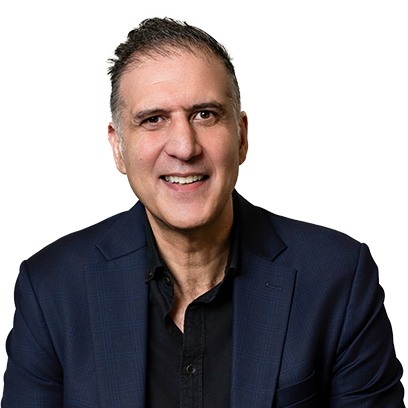‘I believe in what I’m doing’: Doctor who helps people to die explains why he does it
The uptake of voluntary assisted dying in Victoria has far outstripped government expectations.
From June 19 last year, when assisted dying was legalised, to the end of the year, 52 Victorians ended their lives.
That far exceeded the Victorian government’s estimate that 12 people would use the scheme in its first six months.
Berwick oncologist Dr Cameron McLaren has been a pioneer in the area, travelling all over the state to help those in remote regions to access the scheme.
So far he has witnessed 13 people end their lives.
But Dr McLaren says he initially had concerns about how he’d feel after helping someone to end their life.
“Before you actually see any cases you’ve got this general idea that ending someone’s life or assisting them to end their own life is, on face value, wrong,” he told Neil Mitchell.
“Once I started seeing people and actually hearing their stories, and dealing each case on its individual merits, I think that’s what’s enabled me to avoid a lot of that emotional fallback.
“We can’t make dying good but I believe in some instances we can make it better.”
While those ending their lives through assisted dying have terminal illnesses, Dr McLaren said physical pain is rarely their reason for obtaining life-ending drugs.
“No one really comes to me saying that they’re afraid of dying; they’re afraid of the way they’re going to die,” he said.
“They don’t want to be remembered as someone withered in a bed, reliant on other people for personal hygiene, unable to communicate. They want to be remembered how they are.”
Dr McLaren said helping those wishing to end their lives through assisted dying will always form part of his job, but he’ll have to slow down in the future.
“I think it will always form part of my practice because I do believe in it,” he said.
“Until it becomes a part of other doctors practice it will be a large part of mine, but I don’t think I can do it with this intensity for many years. I think it does take its toll.”
Press PLAY below to watch the full interview.
Press PLAY below to listen to the interview.



